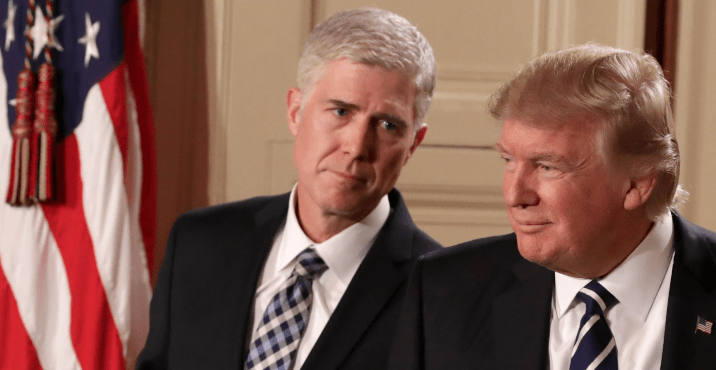In a unanimous 9-0 decision, the U.S. Supreme Court has determined that federal courts do not have jurisdiction to review visa revocations in cases involving fraudulent marriages for immigration purposes. The ruling affirms the Department of Homeland Security’s (DHS) authority over visa matters and is expected to significantly impact immigration enforcement and upcoming policy changes under the new administration.

Supreme Court Grants Broad Authority to DHS
The case, Bouarfa v. Mayorkas, involved Amina Bouarfa, a U.S. citizen whose husband’s visa was revoked after DHS classified their marriage as fraudulent. This revocation barred him from obtaining legal residency in the United States. Bouarfa challenged the decision in court, arguing for judicial review of DHS’s actions. However, the Supreme Court ruled that while courts may oversee initial visa denials, they lack authority to intervene once an approved visa has been revoked by DHS.
Justice Ketanji Brown Jackson, writing for the majority, emphasized the discretionary nature of the decision, stating, “Section 1155 is a quintessential grant of discretion: The Secretary ‘may’ revoke a previously approved visa petition ‘at any time’ for what the Secretary deems ‘good and sufficient cause.’” The ruling reinforces that Congress did not impose strict limitations on DHS’s ability to revoke visas, thereby strengthening executive authority in visa-related matters.
Impact on Immigration Policy
The ruling comes at a pivotal moment as the incoming administration moves to reshape immigration policies. With the Supreme Court confirming that federal courts cannot override DHS visa revocations, the agency’s ability to enforce immigration laws is greatly expanded. Critics argue that this unchecked authority could lead to potential abuse, including racial or political bias in visa decisions. However, in this case, the Court found no evidence of such misconduct, solidifying the ruling’s legitimacy.
One major concern highlighted during the proceedings was the extent of judicial oversight in immigration cases. While affected individuals can challenge initial visa denials, once DHS revokes an approved visa, their only option is to reapply. Chief Justice John Roberts noted that reapplication allows for subsequent judicial review if denied, but critics point out that this could result in delays and added hardship for families navigating the immigration system.
Concerns from Immigration Advocates
Immigration rights groups worry that limiting judicial review could exacerbate challenges faced by migrants. With a backlog of over three million immigration cases, some fear that granting DHS unchecked authority might lead to arbitrary decisions without recourse. The American Civil Liberties Union (ACLU) has warned that removing judicial oversight could allow constitutional violations to go unchallenged. Nevertheless, the Court’s ruling did not find evidence of due process violations in this particular case.